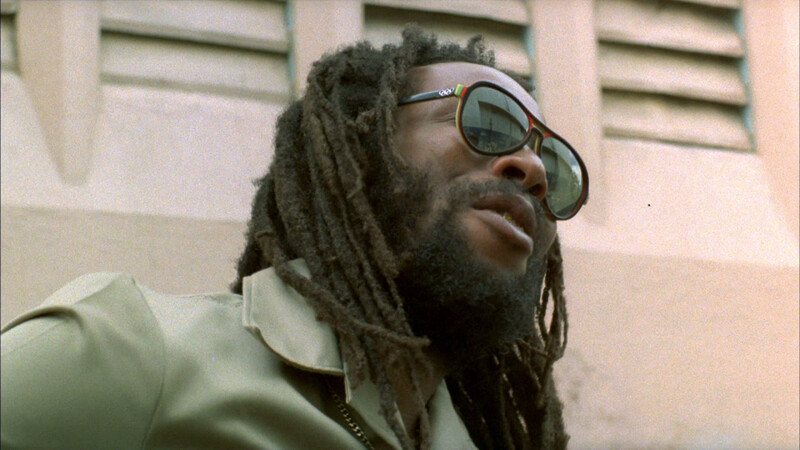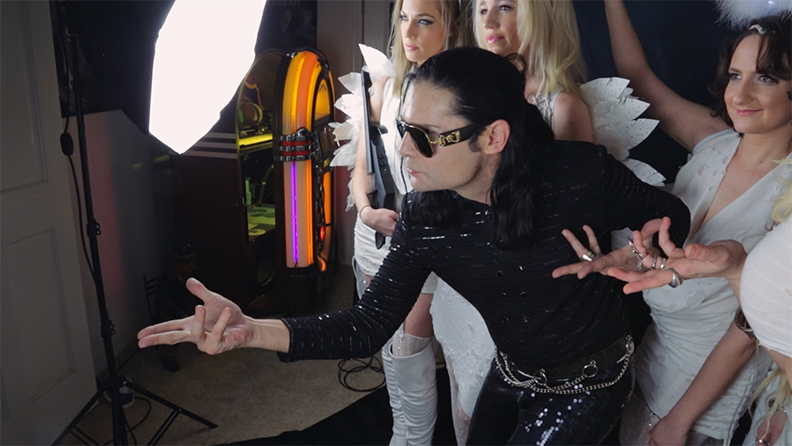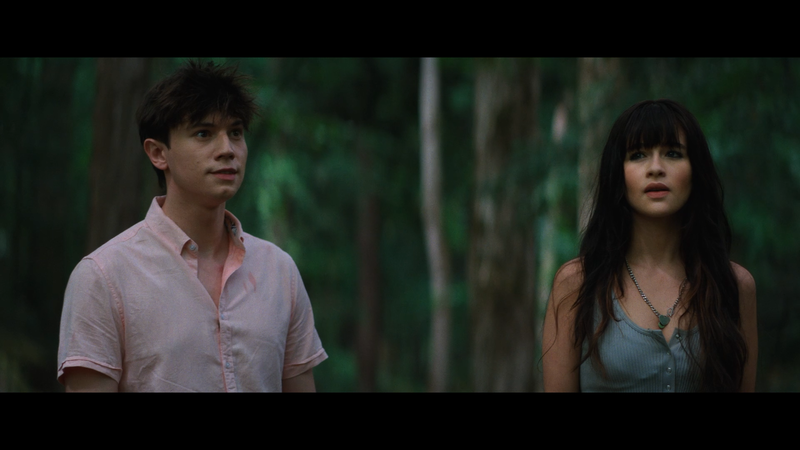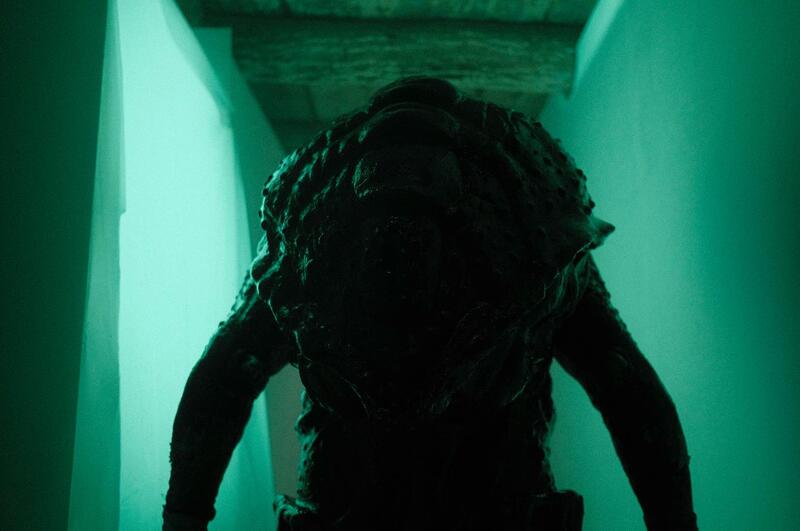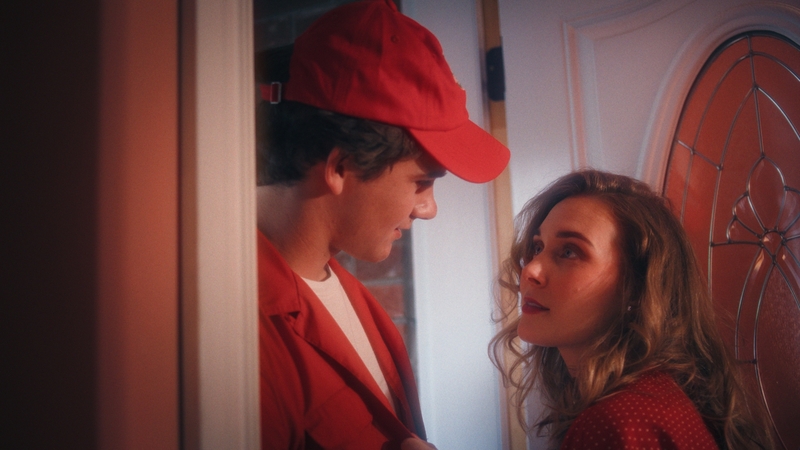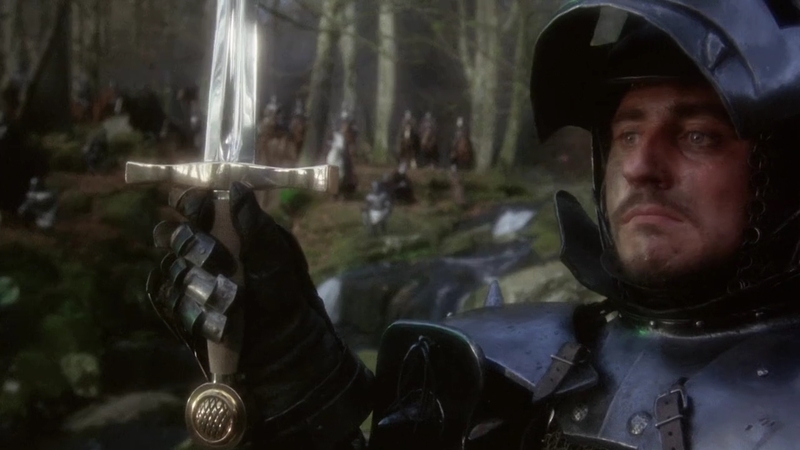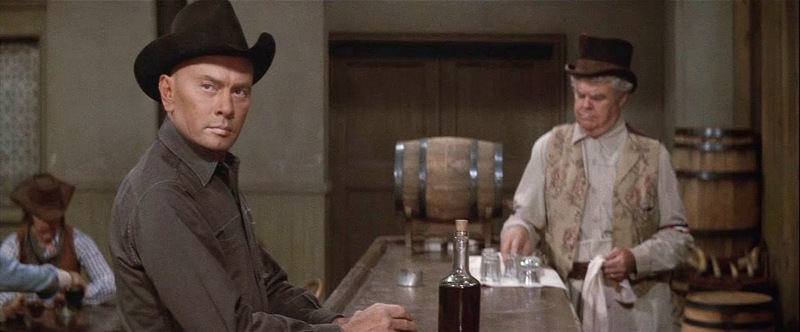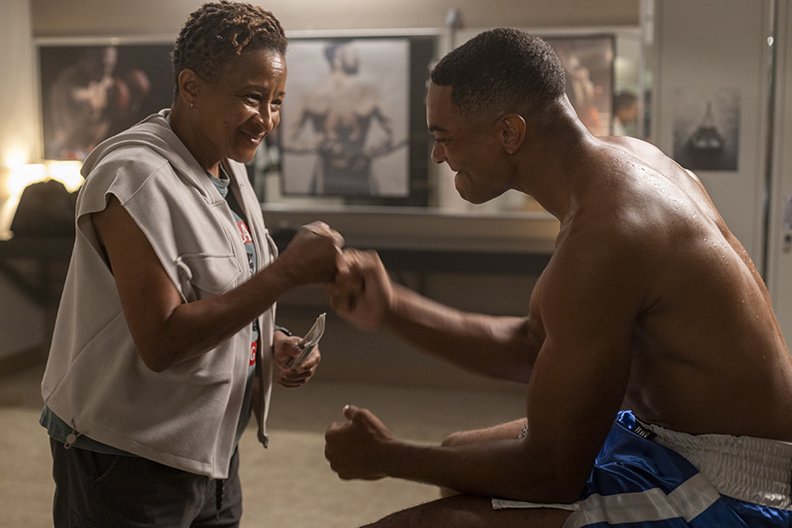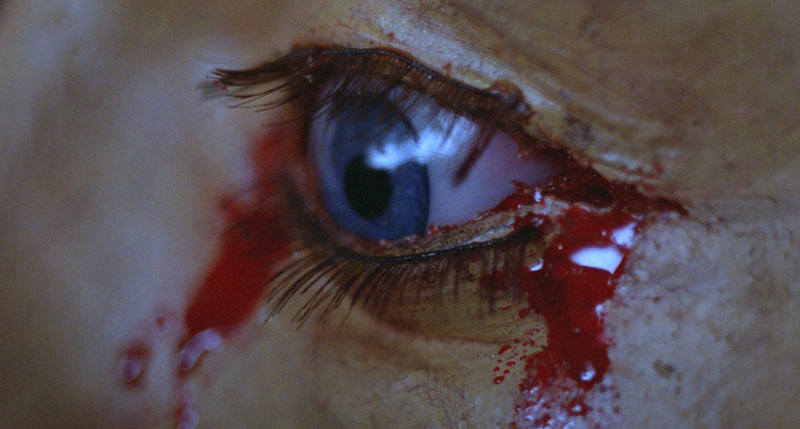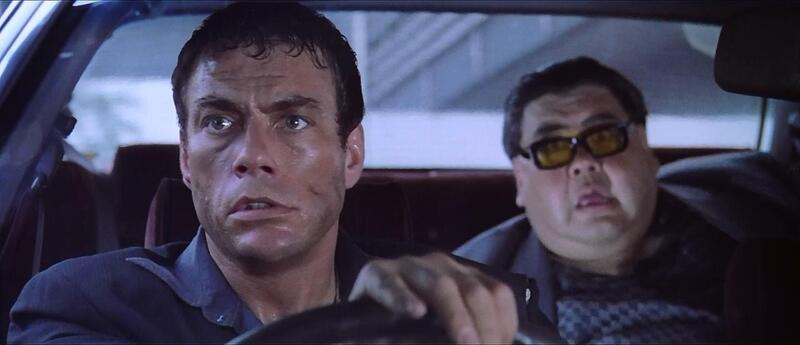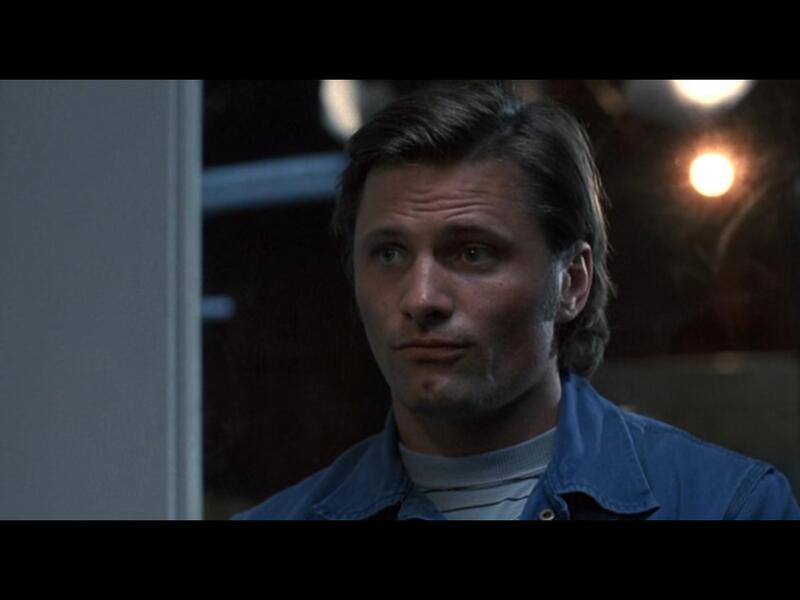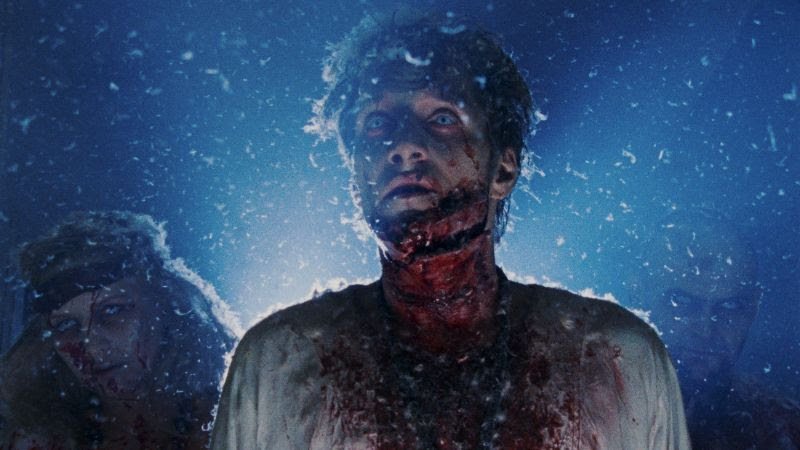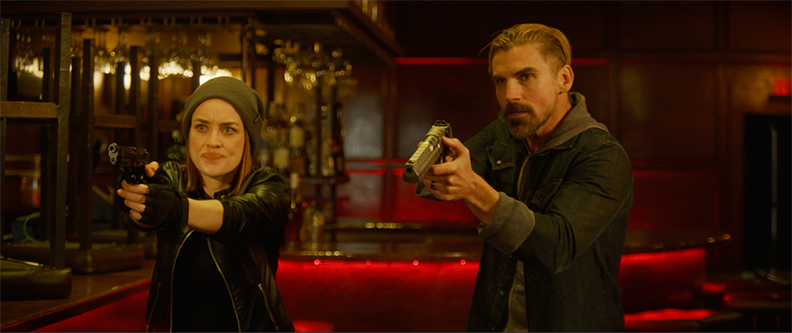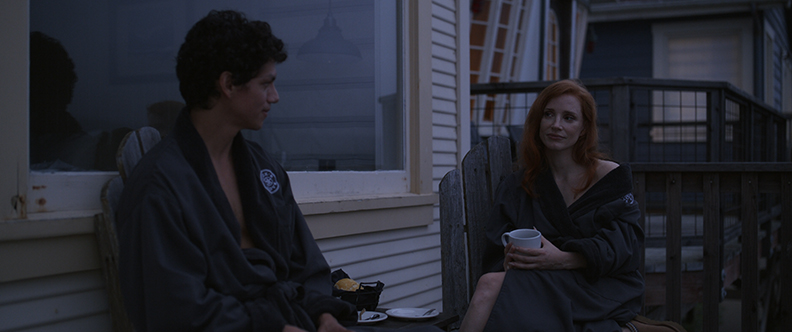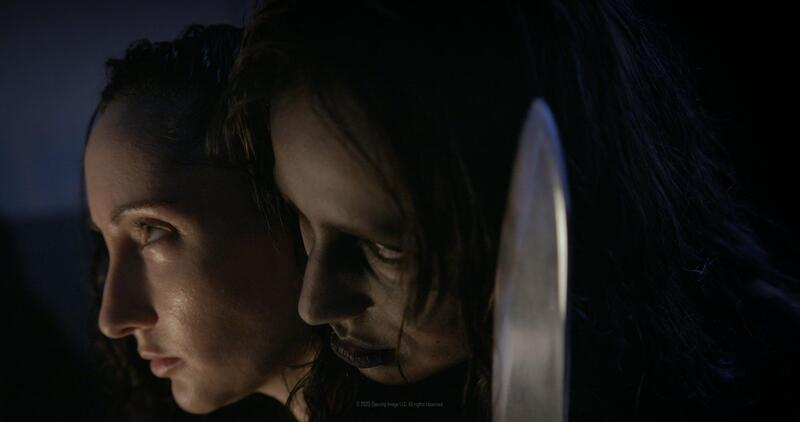What does redemption cost when the person you’d need to be forgiven by has every reason not to forgive you? UNDERCARD isn’t interested in handing out simple answers, and it’s this refusal which, in the end, gives the film its strongest moments. The basic idea is one we’ve seen before, with a former boxing champion, now a trainer, and in recovery from alcoholism, goes back into her grown-up son’s life after time away. He’s skilled, but doesn’t apply himself, and is with people who want to make something of his ability, people who’ll take advantage. She thinks this is one final chance, not just to make someone a fighter, but to fix what she broke. But UNDERCARD isn’t, first and foremost, a sports story about someone making a comeback. It’s a story about facing up to what you’ve done, which just happens to be set in and around a boxing gym. This is how the film keeps itself from being a one-dimensional copy of a redemption story.

